Autochrome - the first color shots
Categories: History
By Pictolic https://pictolic.com/article/autochrome-the-first-color-shots.html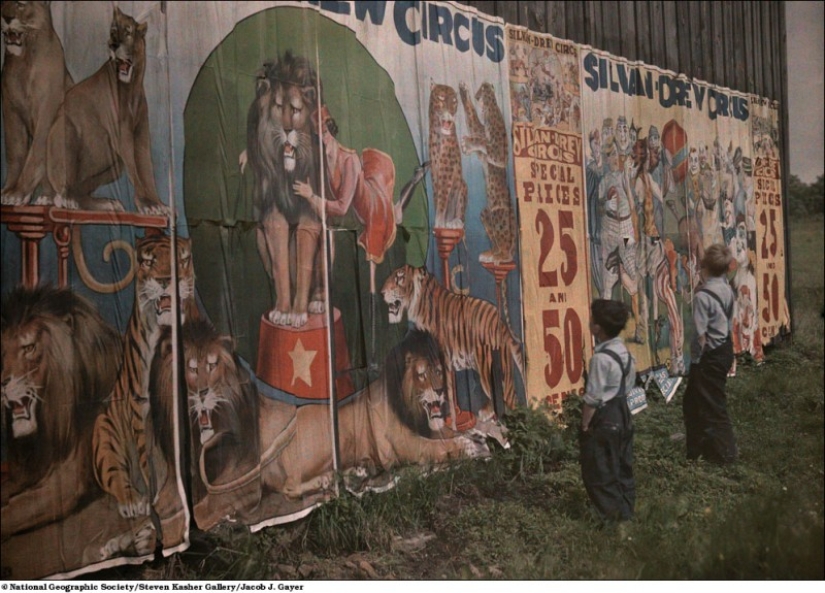
There is a legend that when the Lumiere brothers, the pioneers of cinema, showed their film The Arrival of a Train in 1896, the audience fled the hall in horror. The films of the early cinema era were primitive by today's standards, but at the time, the moving picture looked revolutionary.
For some reason, Auguste and Louis Lumiere felt that the audience would not be interested in cinema and began to engage in color photography. In 1907, they patented the first commercially successful color photography business, which they called Autochrome Lumiere. Today, more than a hundred years since the invention of Autochrome, the National Geographic Society has amassed over 15,000 glass plates in its photo archives. Part of the collection will be exhibited at the Steven Kasher Gallery in New York, and you can see some digital copies of the old photographs in this post.

1. Sellers of sweets in Bombay.
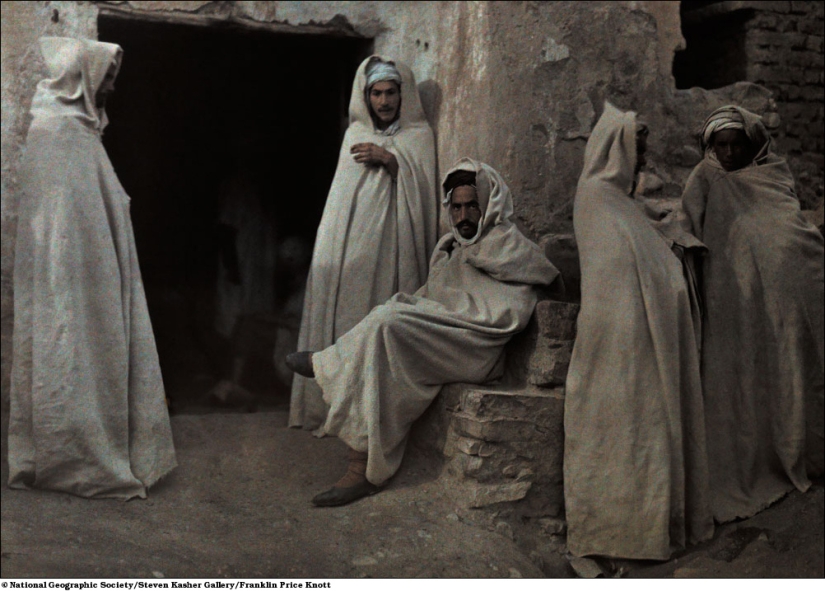
2. Assembly. Algeria. 1921.
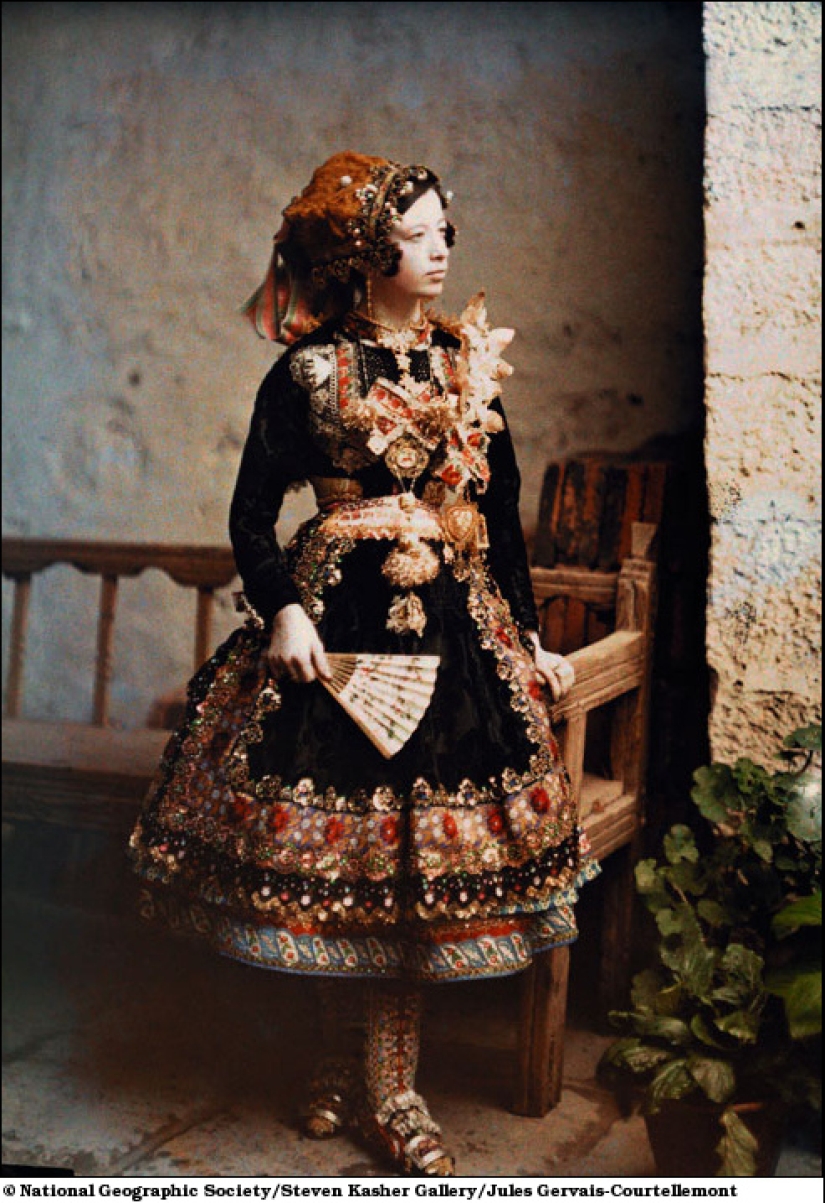
3. Girl with a fan. Spain. 1926.
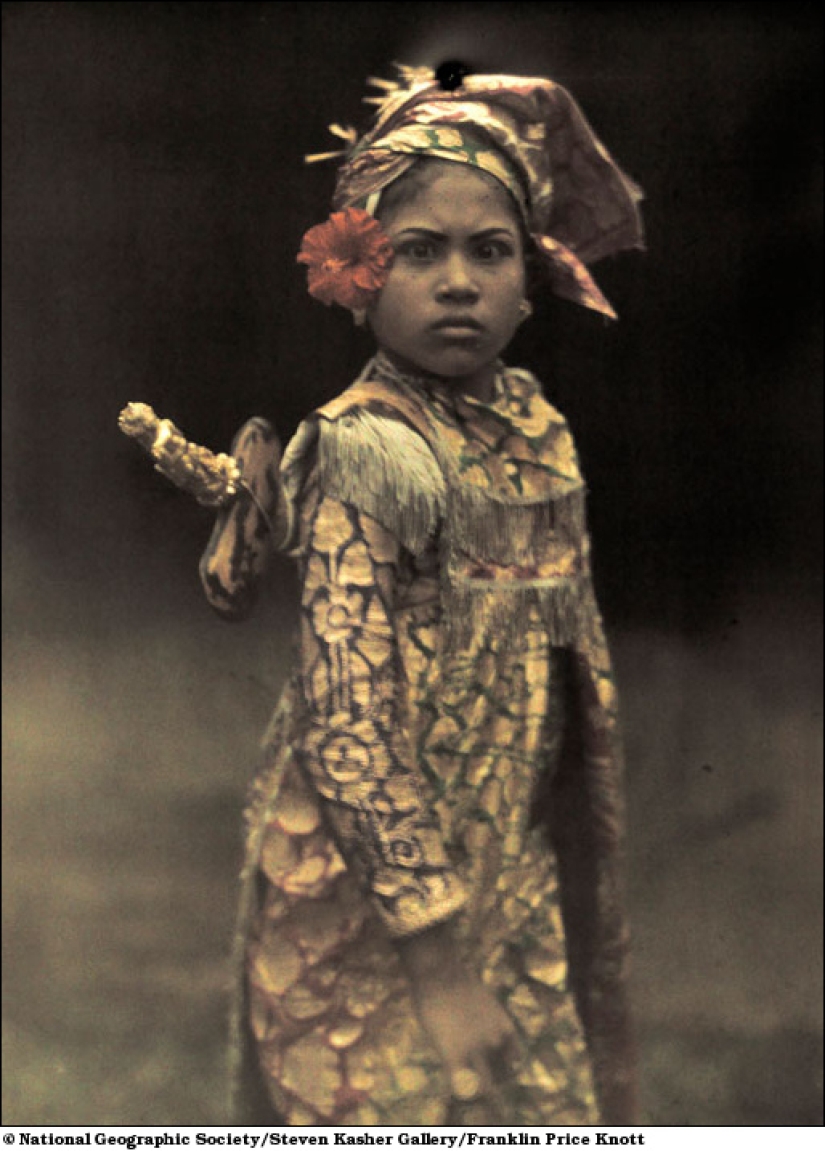
4. Girl. Bali. 1928
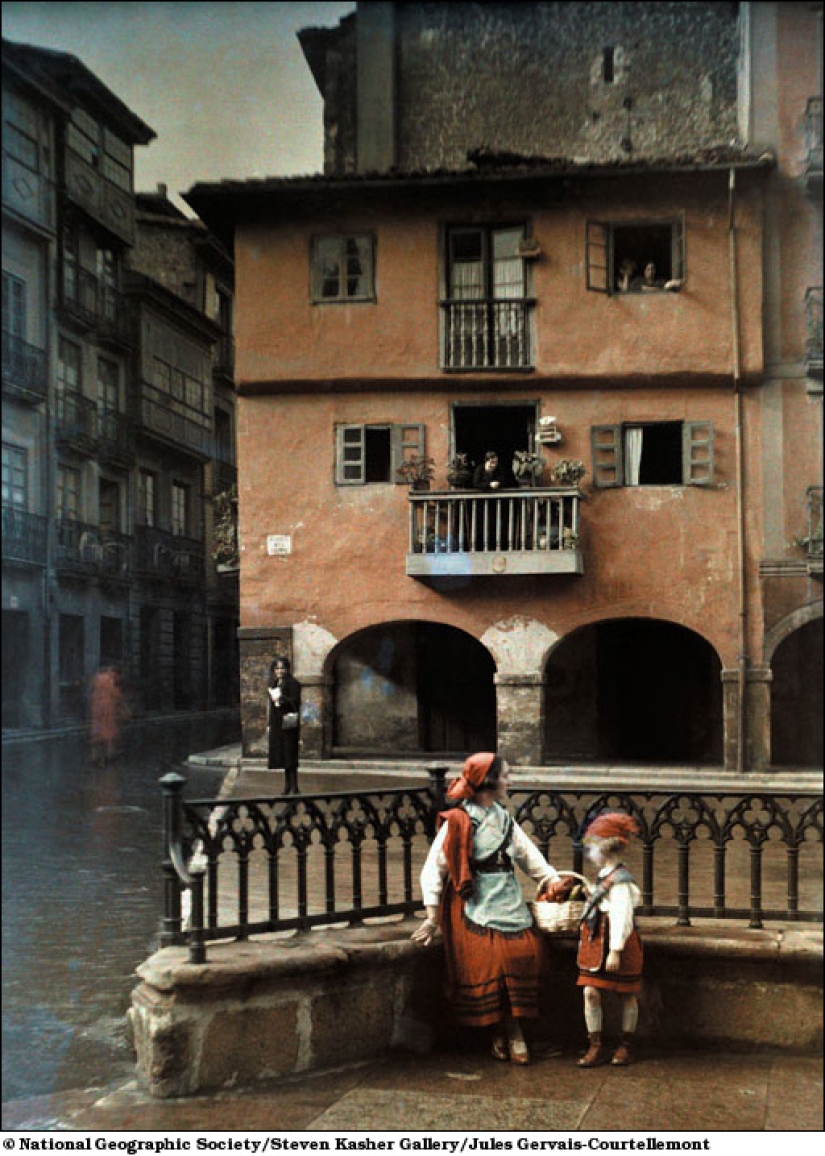
5. A woman with a child in the Cathedral Square of Oviedo. Spain. 1931.
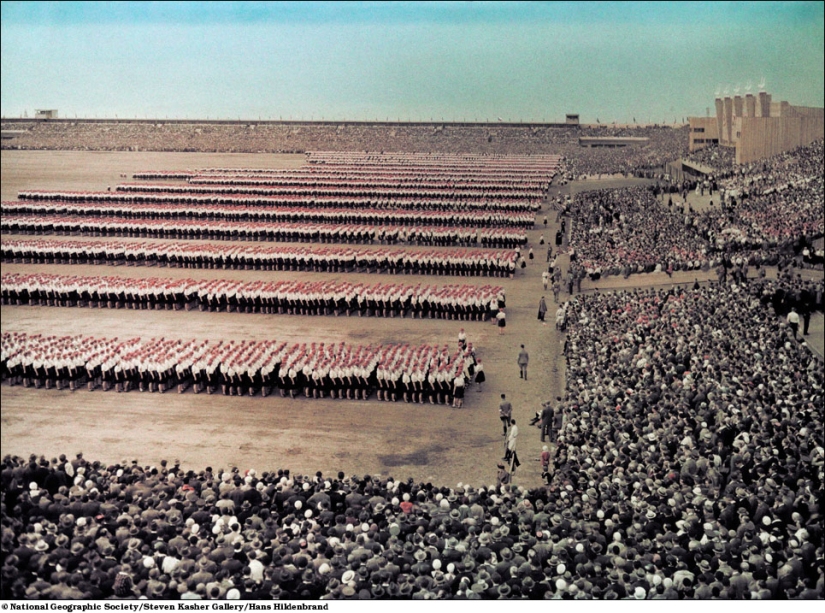
6. Teachings of the women's army in Prague. 1933.
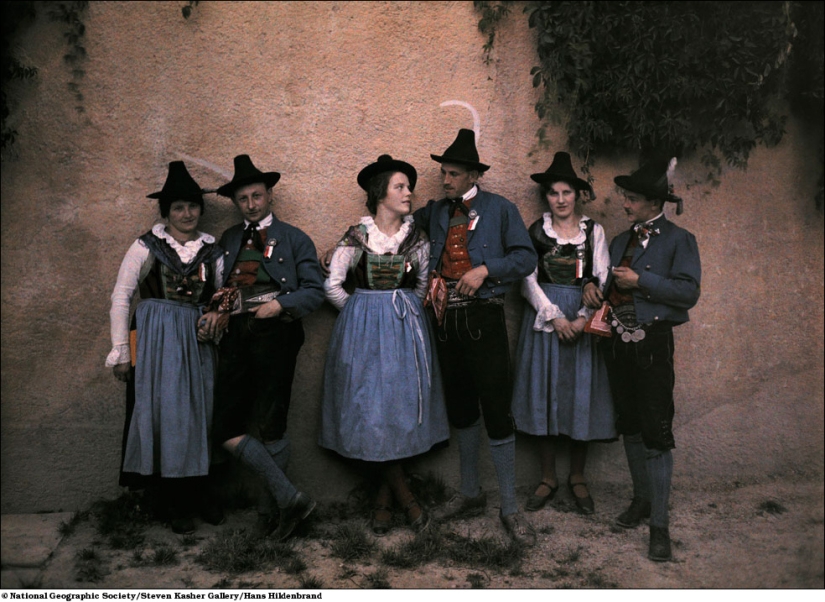
7. Tyrolean singers. Austria. 1932.
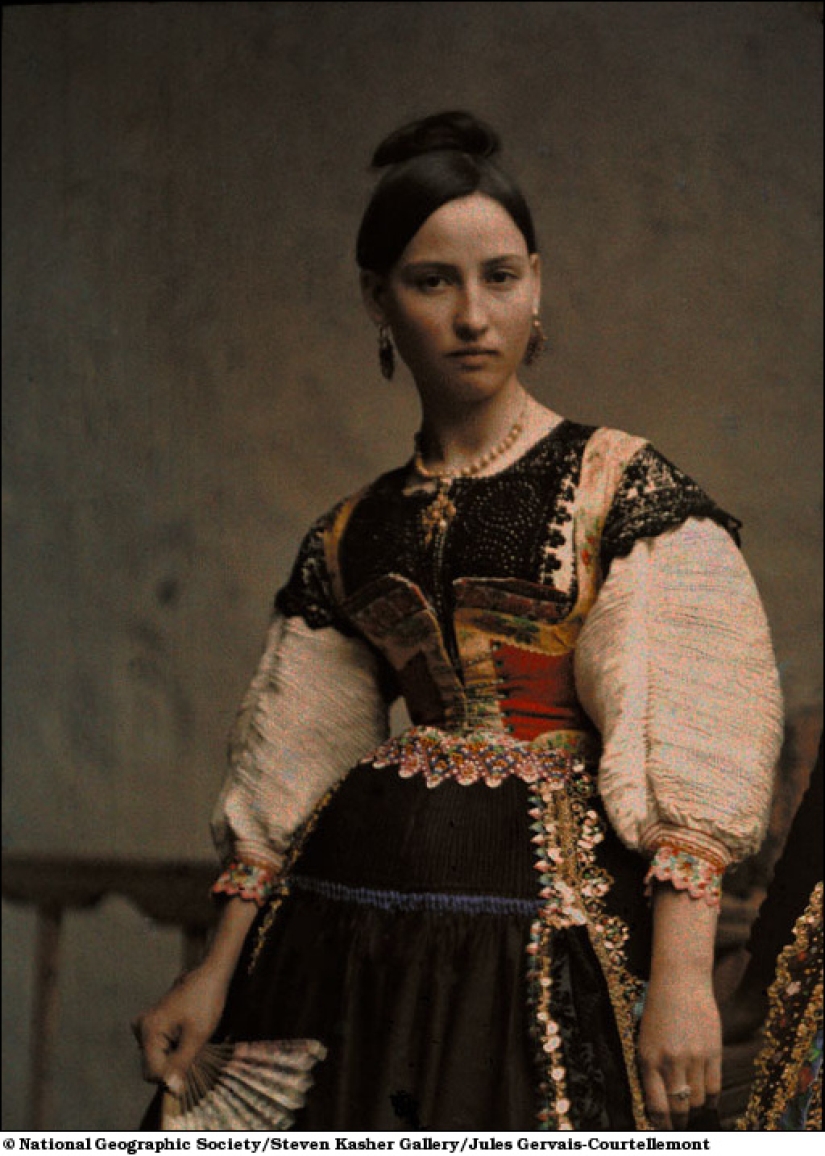
8. Girl with a fan. Spain. 1924.
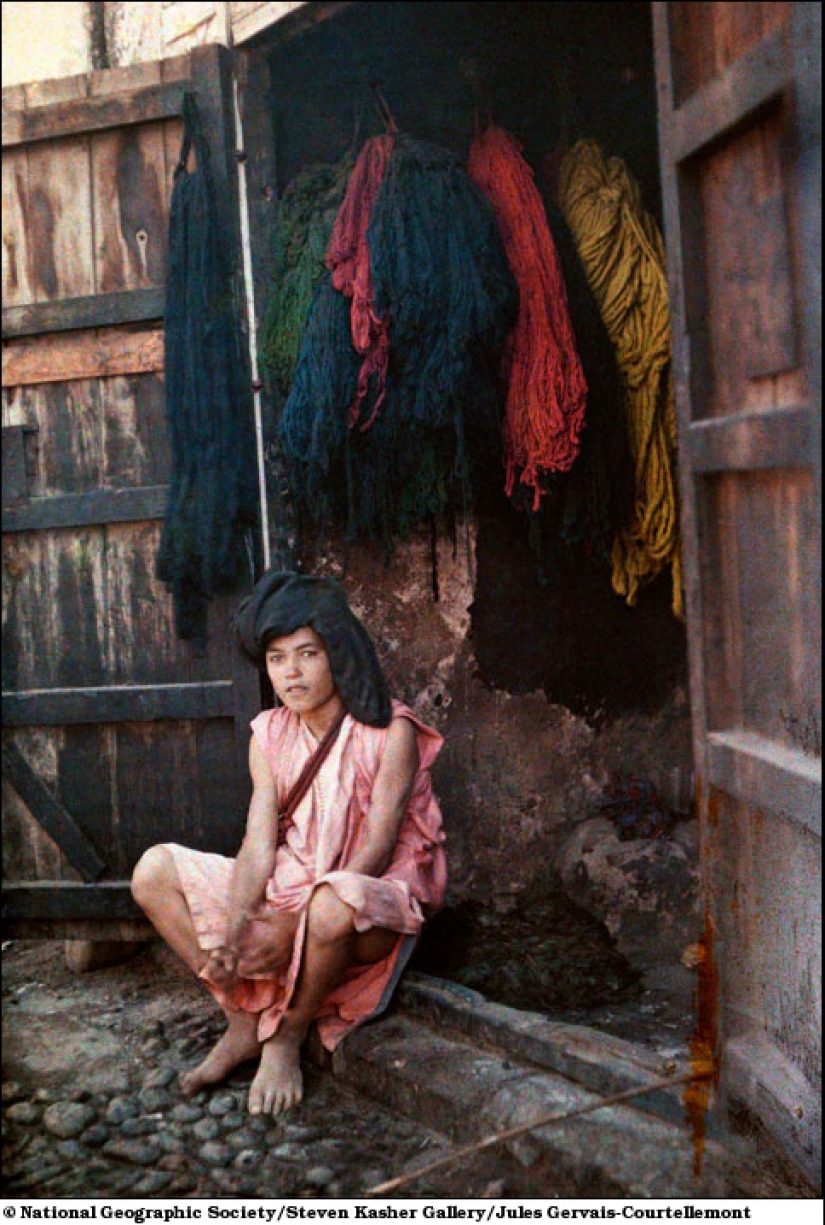
9. Young carpet maker. Morocco. 1925.
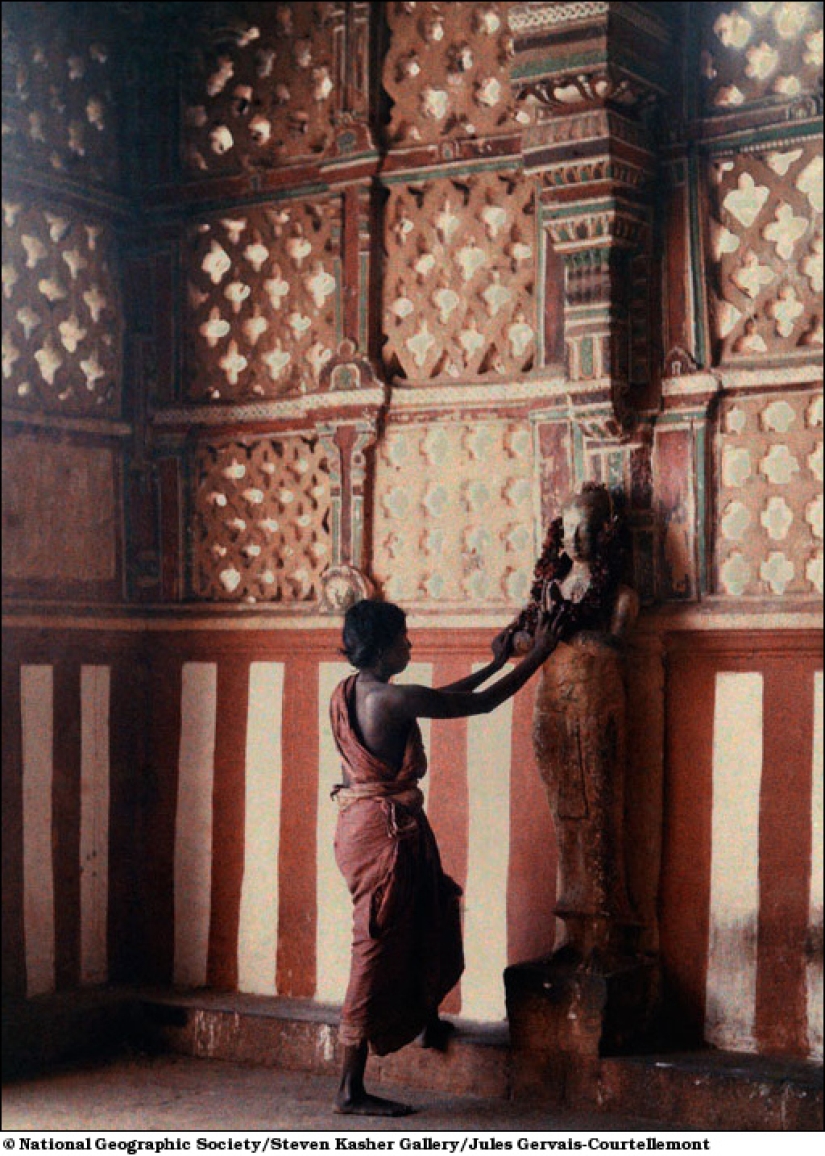
10. Woman in the temple. India. 1912.
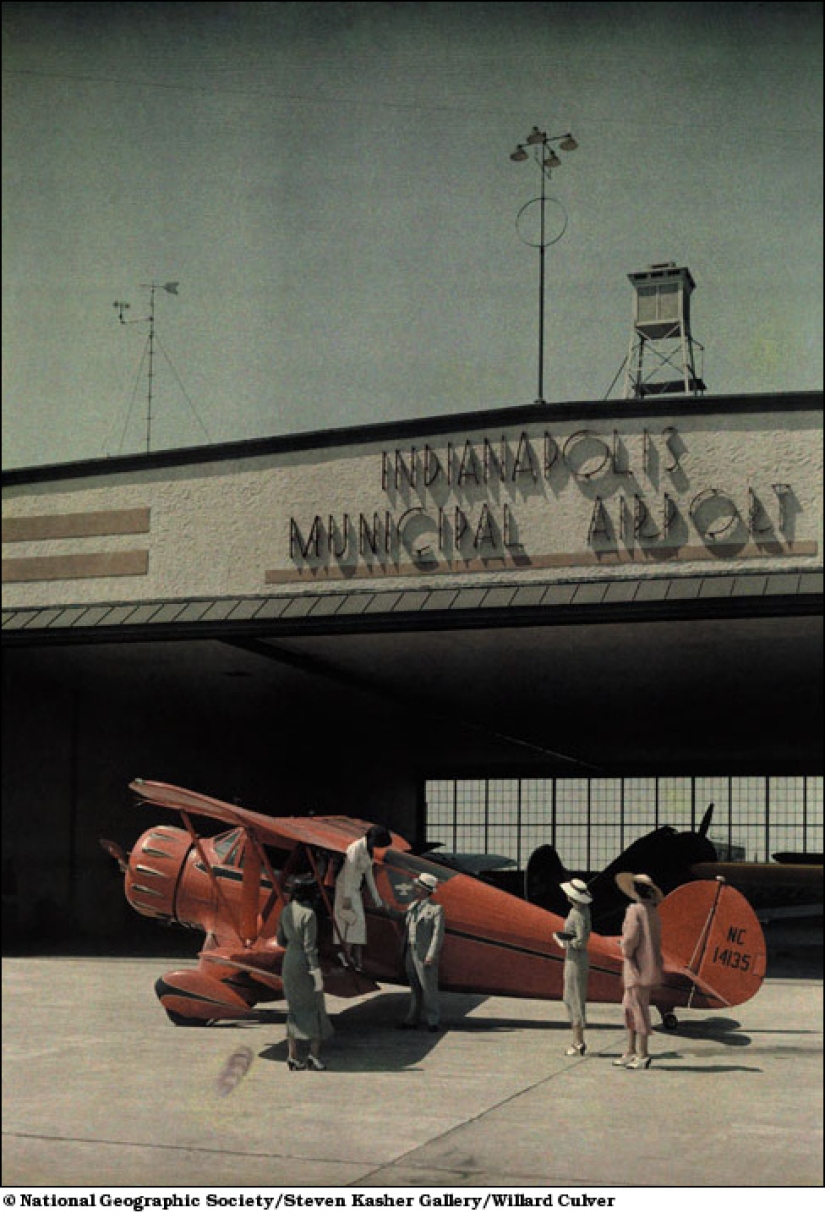
11. Indianapolis Airport. USA. 1935.

12. A local resident carries vessels of wine to market. 1928.
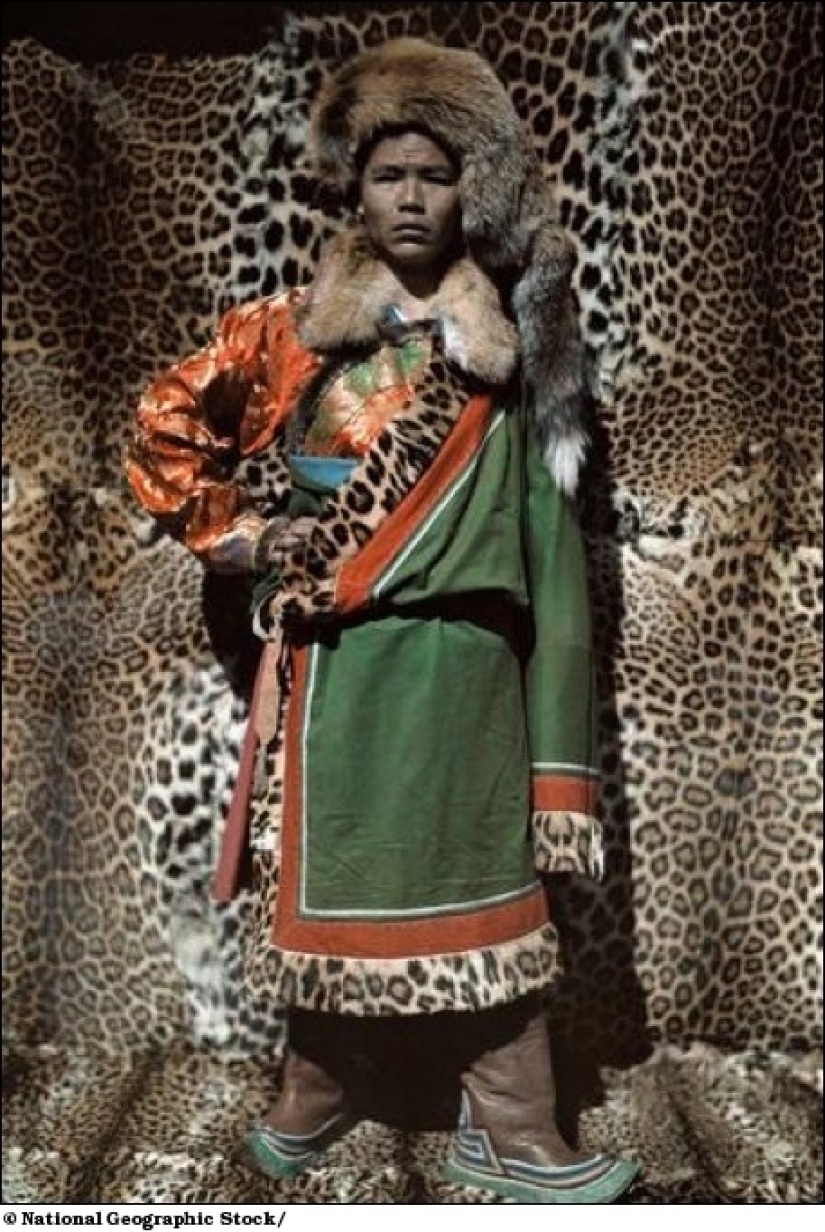
13. …
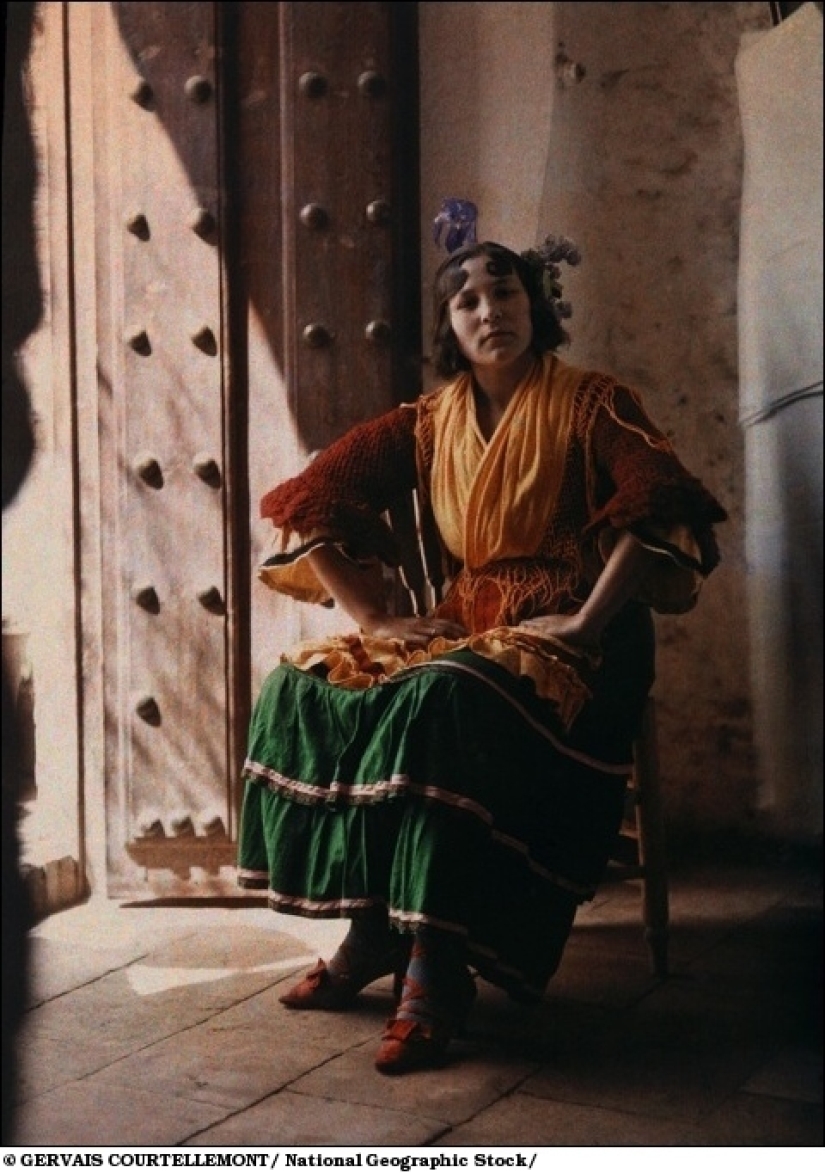
14. A gypsy woman in traditional dress. 1929.

15. Pyramids and Sphinx. 1925.

16. A giant dock where iron ore is loaded onto ships.
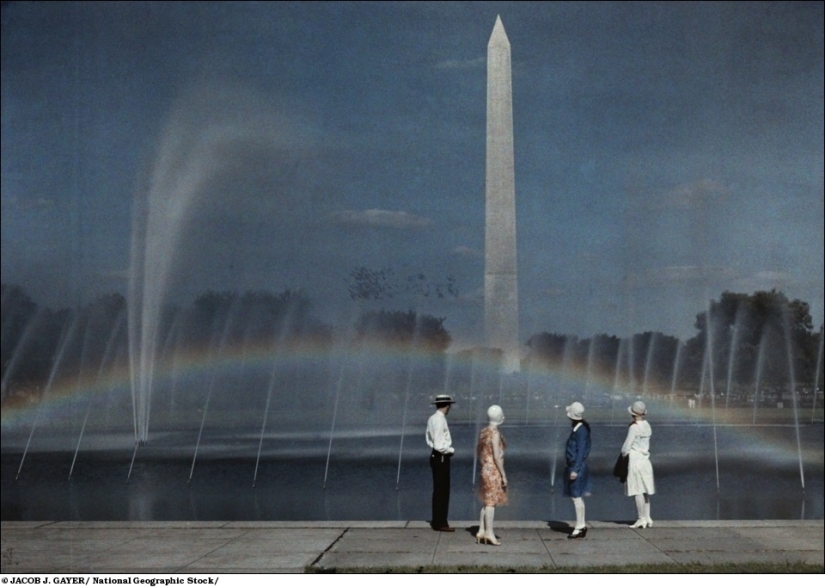
17. Washington. 1935.
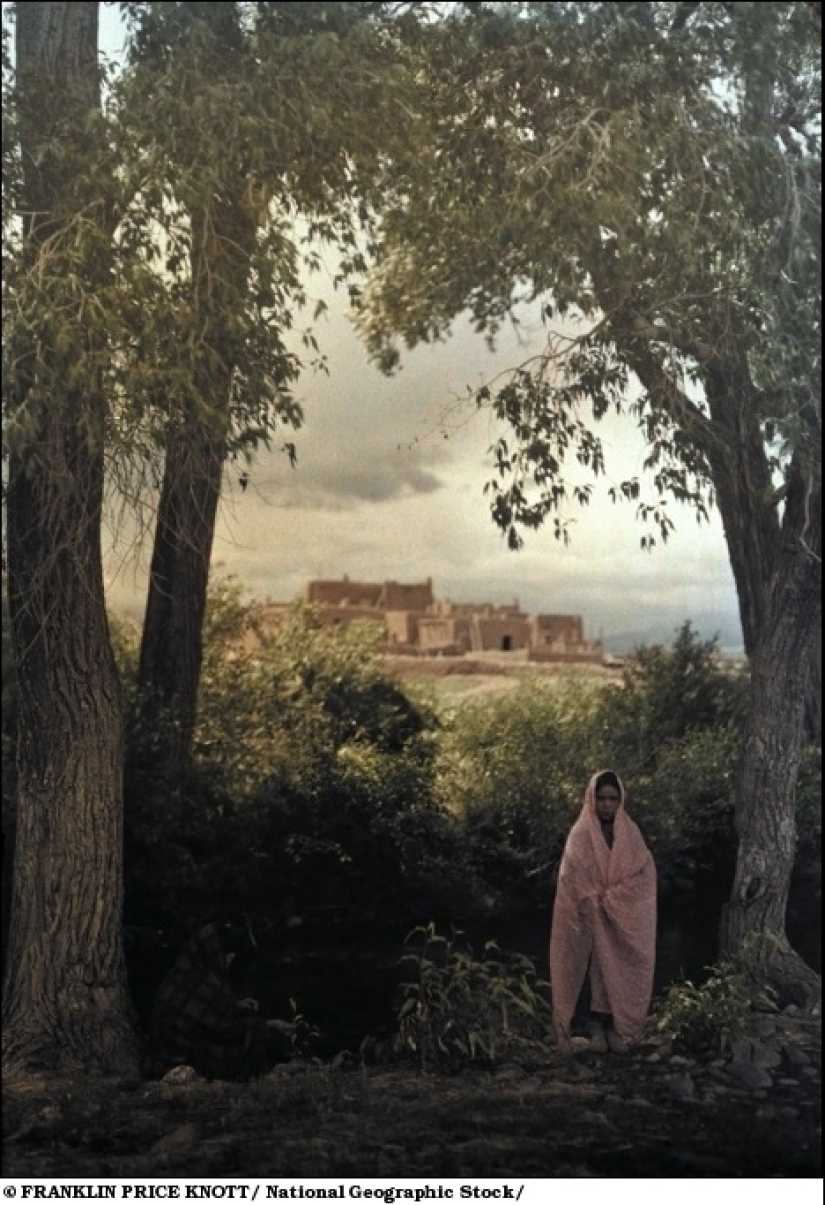
18. India.
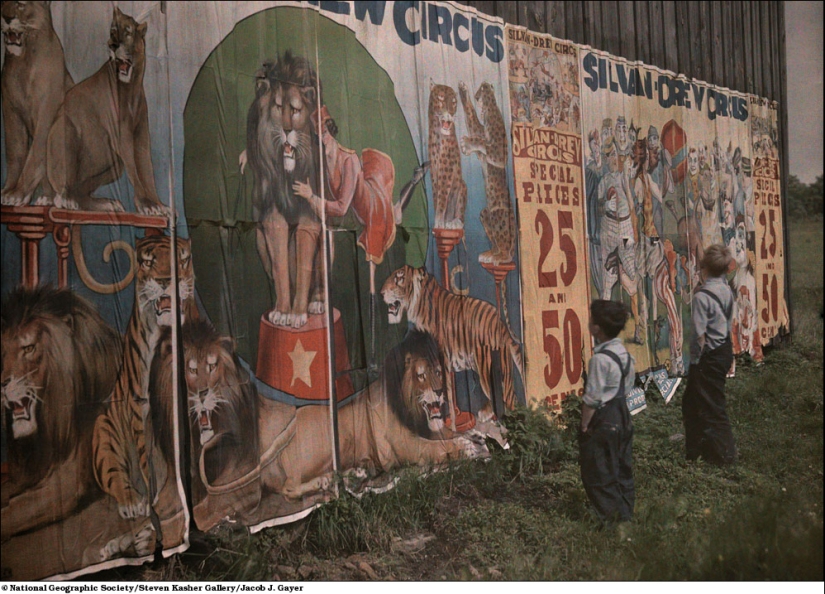
19. Circus poster. 1931.
Recent articles

Most of us think that the color of the eggshell does not play any role and it is possible not to pay attention. But it's not and ...

The more we rely on technology, the more potential power hackers gain over us. It doesn't matter if their goal is to help or cause ...

Creating a good portrait is one of the most difficult tasks for any photographer. In order to make a really natural and memorable ...